
10 things to always refrigerate & 10 things to never refrigerate
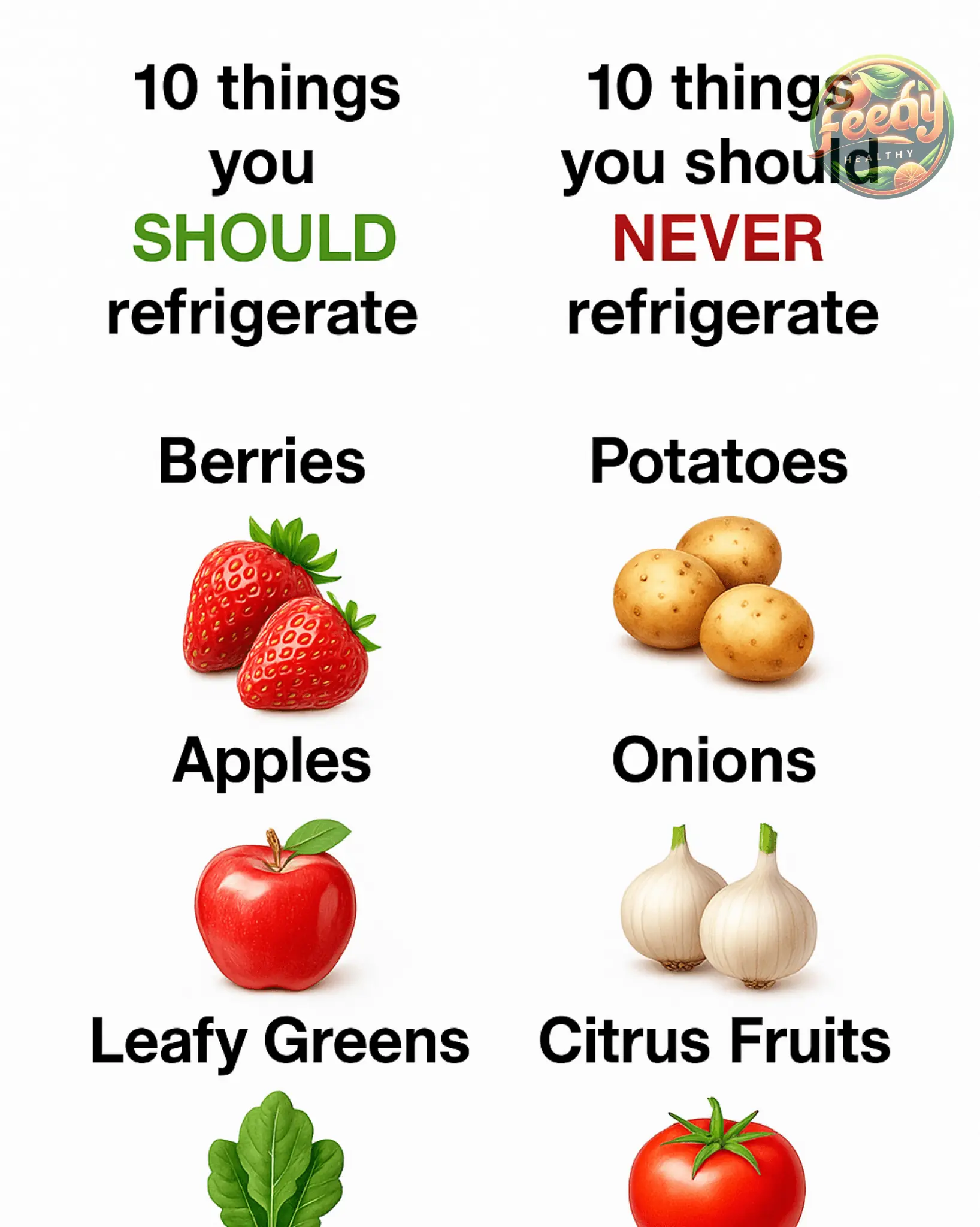
Storing food properly isn’t just about saving space—it’s essential for keeping your meals safe, nutritious, and delicious. With so many different types of food in our kitchens, it can be tricky to know which ones thrive in the fridge and which are better off at room temperature. This clear and practical guide will help you make smart decisions that extend shelf life, prevent spoilage, and cut down on waste.
🧊 Why Refrigeration Matters
Refrigeration dramatically slows the growth of bacteria, mold, and yeast—making it one of the most effective ways to preserve food. Cold temperatures help retain flavor, texture, and nutrients. But here’s the twist: not everything belongs in the fridge. Some foods lose quality or spoil faster when chilled.
✅ 10 Foods You Should Always Refrigerate
These foods benefit most from being stored in the cold. Refrigerating them helps preserve freshness, taste, and safety.
1. Berries
Strawberries, raspberries, and blueberries are quick to spoil and prone to mold. Store them in a breathable container to keep them fresh and dry longer.
2. Apples
Apples last longer and stay crisp in the fridge. For best results, keep them in the crisper drawer and away from strong-smelling foods.
3. Leafy Greens
Spinach, lettuce, kale—these greens wilt fast at room temp. Wrap them in a paper towel inside a container or produce bag to lock in freshness and nutrients.
4. Dairy Products
Milk, yogurt, cheese—all highly perishable and susceptible to bacteria if left out. Always refrigerate immediately after opening.
5. Eggs
Eggs need to be kept cold to prevent bacterial contamination and maintain freshness. Store them in their carton near the back of the fridge.
6. Cooked Meats
Leftover chicken, beef, or pork must be refrigerated within two hours of cooking to avoid spoilage and preserve flavor.
7. Leftovers
No matter the meal, refrigerate leftovers promptly. Use airtight containers to keep food tasting great and reduce waste.
8. Fresh Herbs
Herbs like cilantro and parsley wilt quickly. Keep them fresh longer by placing them in a jar of water and covering them loosely with a bag.
9. Opened Condiments
Once opened, ketchup, mayo, and salad dressings should be refrigerated to prevent spoilage and flavor changes.
10. Fresh Juices
Cold-pressed or homemade juices must be refrigerated to retain their nutrients and prevent fermentation.
🚫 10 Foods You Should Never Refrigerate
While refrigeration is great for many items, some foods suffer when chilled. These are better left out of the cold.
1. Potatoes
Cold temperatures turn potato starch into sugar, resulting in a gritty, overly sweet taste. Store them in a dark, cool cupboard.
2. Onions
Refrigeration softens onions and encourages mold. Keep them in a dry, ventilated space away from potatoes.
3. Citrus Fruits
Oranges, lemons, and limes can lose flavor and juiciness in the fridge. Room temperature helps preserve their taste.
4. Tomatoes
The fridge turns tomatoes mealy and dulls their rich flavor. Let them ripen on the counter for best taste and texture.
5. Bread
Refrigeration dries bread out and makes it stale faster. Store in a bread box or freeze for longer preservation.
6. Honey
Honey crystallizes and hardens when refrigerated. Keep it at room temperature in a sealed jar.
7. Coffee (Beans or Grounds)
Coffee absorbs moisture and odors from the fridge. Store it in a dry, airtight container in a dark place.
8. Garlic
Chilling garlic encourages sprouting and changes its texture. A mesh bag in a cool, dry spot works best.
9. Bananas
The fridge halts banana ripening and causes the peel to darken. Let them ripen at room temperature before chilling if needed.
10. Avocados
Unripe avocados should stay on the counter to ripen properly. Only refrigerate once ripe to extend freshness.
🧠 Final Thoughts: Smarter Storage, Less Waste
Knowing what belongs in the fridge—and what doesn’t—is key to reducing food waste and getting the most out of your groceries. By following these simple guidelines, you’ll enjoy fresher ingredients, safer meals, and less spoilage. Be mindful of how you store each item, and your kitchen will run more efficiently—and deliciously.
News in the same category


Natural Pest Control with Baking Soda & Vinegar

How To Properly Dispose of Ticks

Clear vs. Cloudy Ice: Why It Happens and How to Make Crystal-Clear Ice at Home
20 Household Cleaning Products You Should Never Mix Together

A month before a stroke, your body warns you: 10 signs not to ignore

Natural Remedy to Get Rid of Rats & Mice in Your Home

How to Grow Hydrangeas from Cuttings: A Step-by-Step Guide

Natural Pest Repellent: Keep Your Home and Garden Safe Without Harsh Chemicals

9 Brilliant Ways to Clean Using Everyday Household Items

Why keeping a lemon in your bedroom is a great idea

Why You Should Never Boil Eggs Directly in Water – Chef’s Secret Revealed! | Barbara O’Neill Inspired

CLEVER CAMPING HACK: HOW TO STOP THIEVES FROM STEALING YOUR EXTENSION CORDS
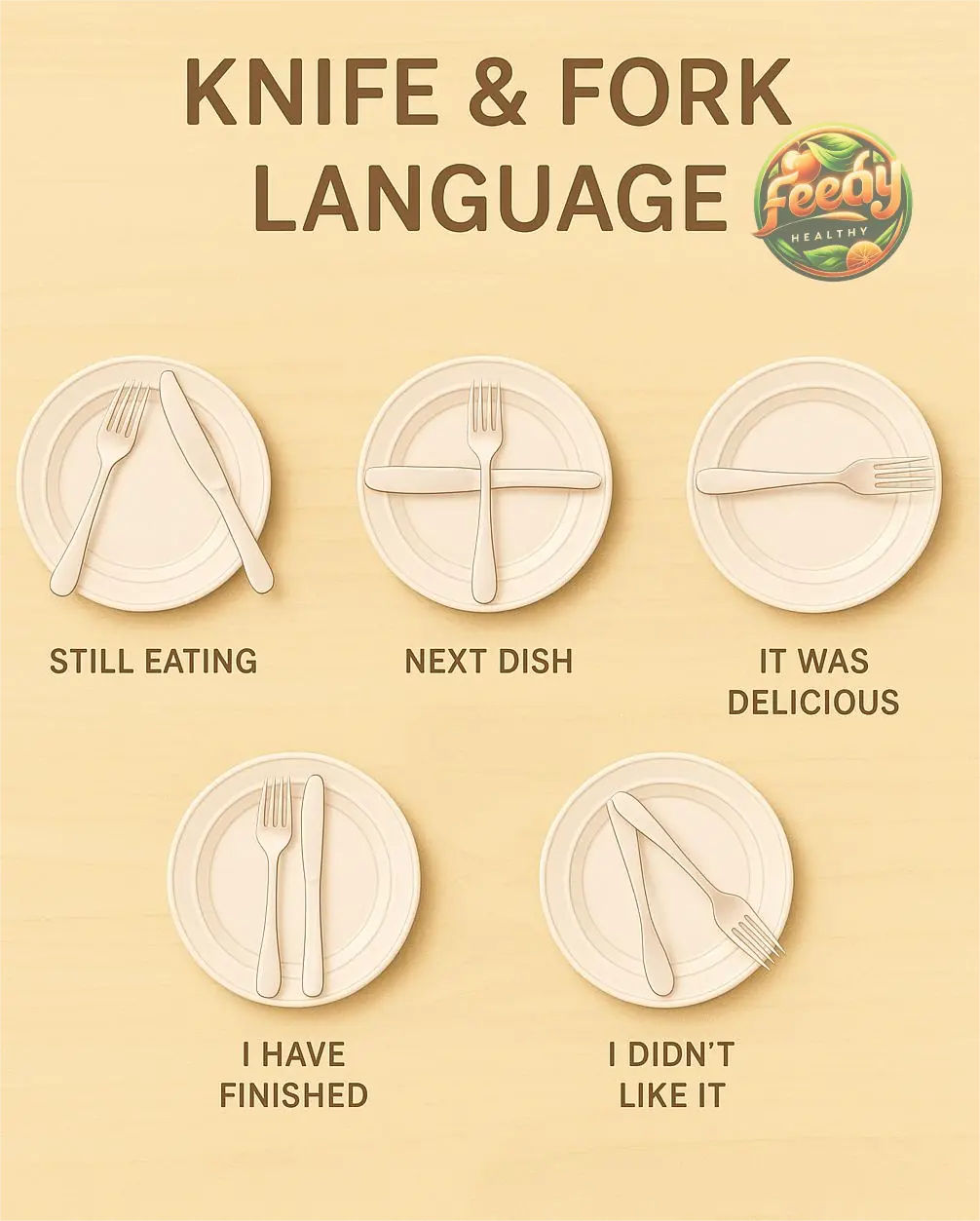
What are the origins of knife and fork language etiquette?

Garlic method to combat household pests

“My Nana Swears by This Trick!” – A Natural Way to Keep Mosquitoes Away
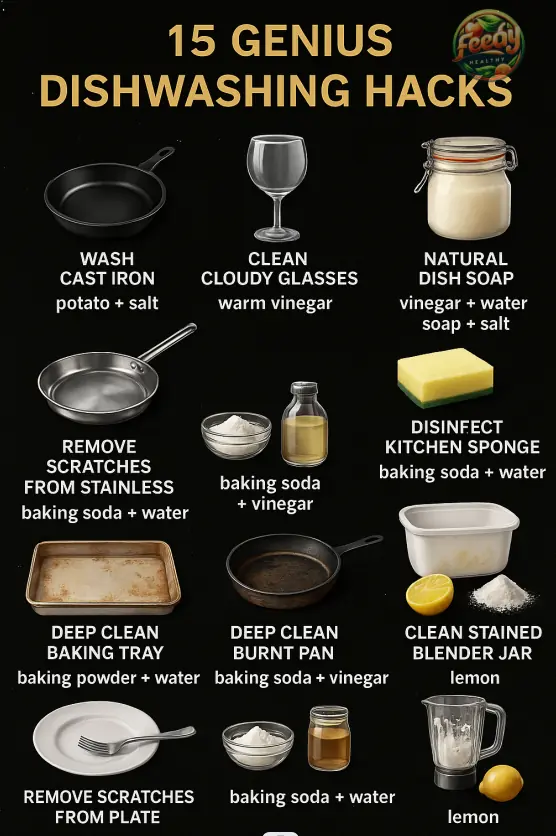
15 Genius Dishwashing Hacks for a Sparkling Kitchen
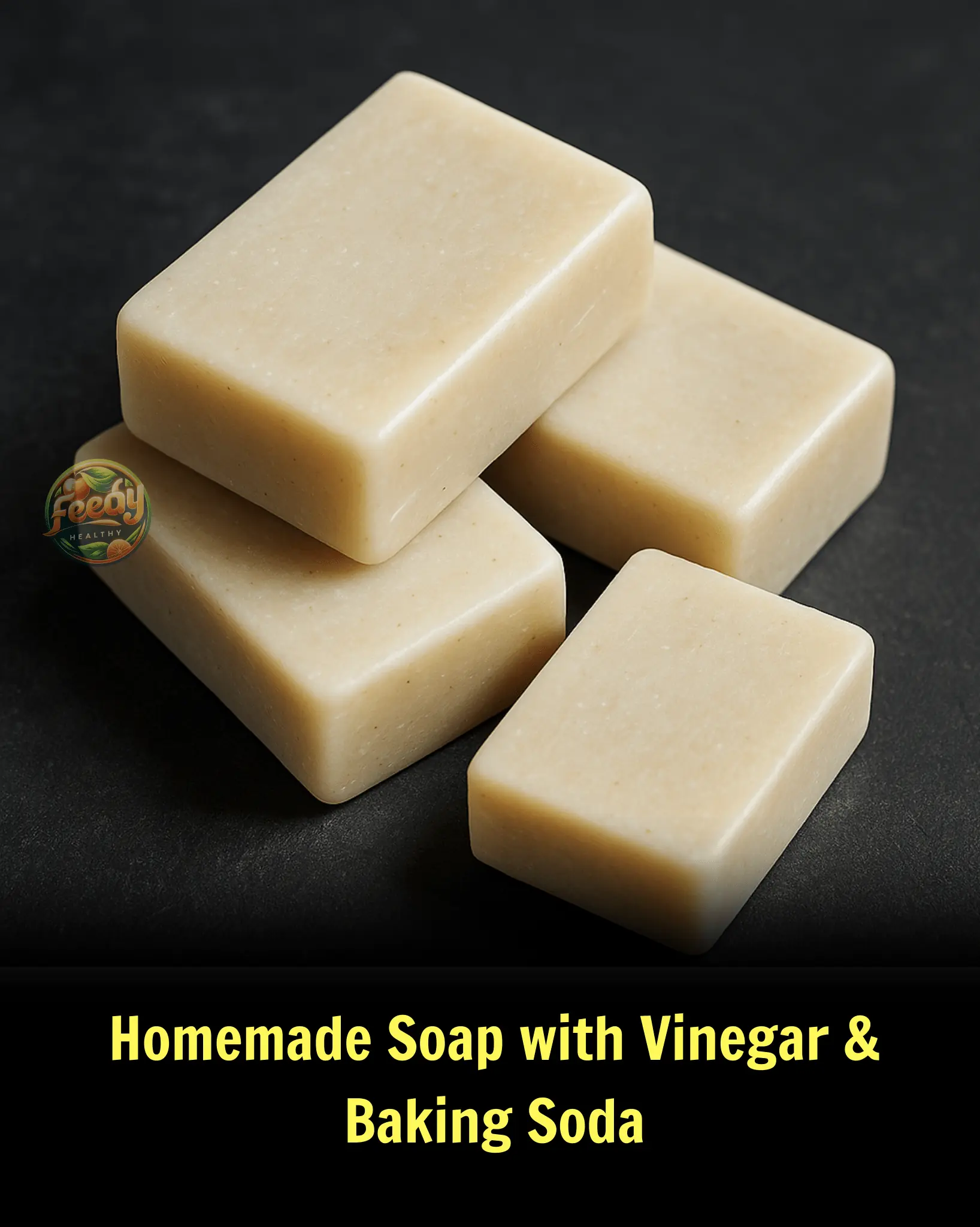
🧼 Homemade Soap with Vinegar & Baking Soda
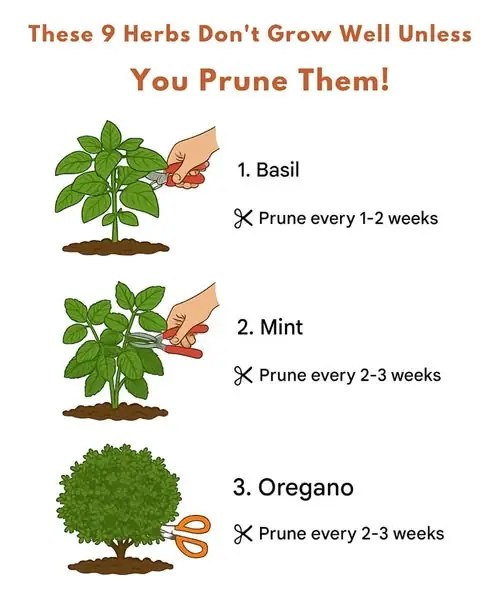
Keep Your Herbs Thriving: 9 Essential Herbs That Grow Better When Regularly Trimmed
News Post

Tourist who was trapped 1,600ft down active volcano for days tragically dies before rescuers get to her
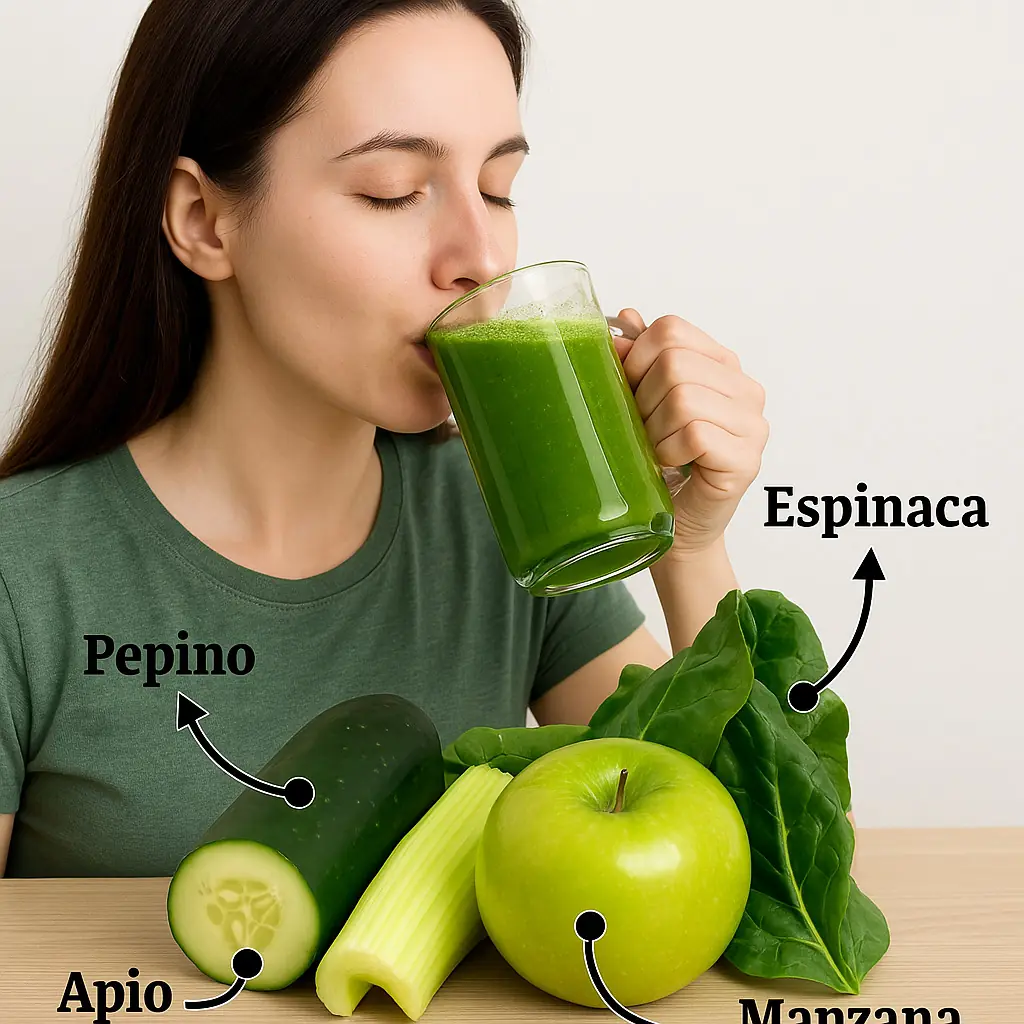
The Ultimate Green Juice for Weight Loss

Natural Remedy to Eliminate Arthritis, Swollen Feet, Poor Circulation & Back Pain

Say Goodbye to Knee Pain and Swollen Feet with This Natural Remedy

A 14-Year-Old Girl Diagnosed with Bowel Cancer Due to Her Mother's Busy Schedule: A Wake-Up Call About 5 Foods Children Should Never Eat for Breakfast

How to Transform Banana Peels into Powerful Homemade Fertilizer In Just 5 Steps

5 Mouth Symptoms That Could Signal Cancer – Don’t Ignore the Pain

Stage 4 cancer patient warns overlooked minor signs can mask a fatal disease

Vaseline For A Wrinkle-Free, Flawless, Glowing Skin

THE FASTEST WAY TO GROW OKRA NOBODY TALKS ABOUT!

Take a Bite of these Delicious Cabbage and Egg Fritters!

Warning Signs of High Cholesterol You Shouldn’t Ignore

THE ULTIMATE GREEN JUICE FOR WEIGHT LOSS — FLATTEN YOUR STOMACH FAST!

Eat THIS to Restore Knee Cartilage 💥 (Incredibly Fast!) 🤯 – Chia Seeds!

6 Types of Pain That May Signal Early-Stage Cancer: Don’t Ignore These Symptoms Before It Spreads

Sparkle Naturally: Transform Your Smile with Ginger and Salt!

10 best teas for your lungs

I soaked my feet in apple cider vinegar. 15 mins later, this is what happened

Improve Your Eyesight with the Power of Carrots! 🥕👀✨
